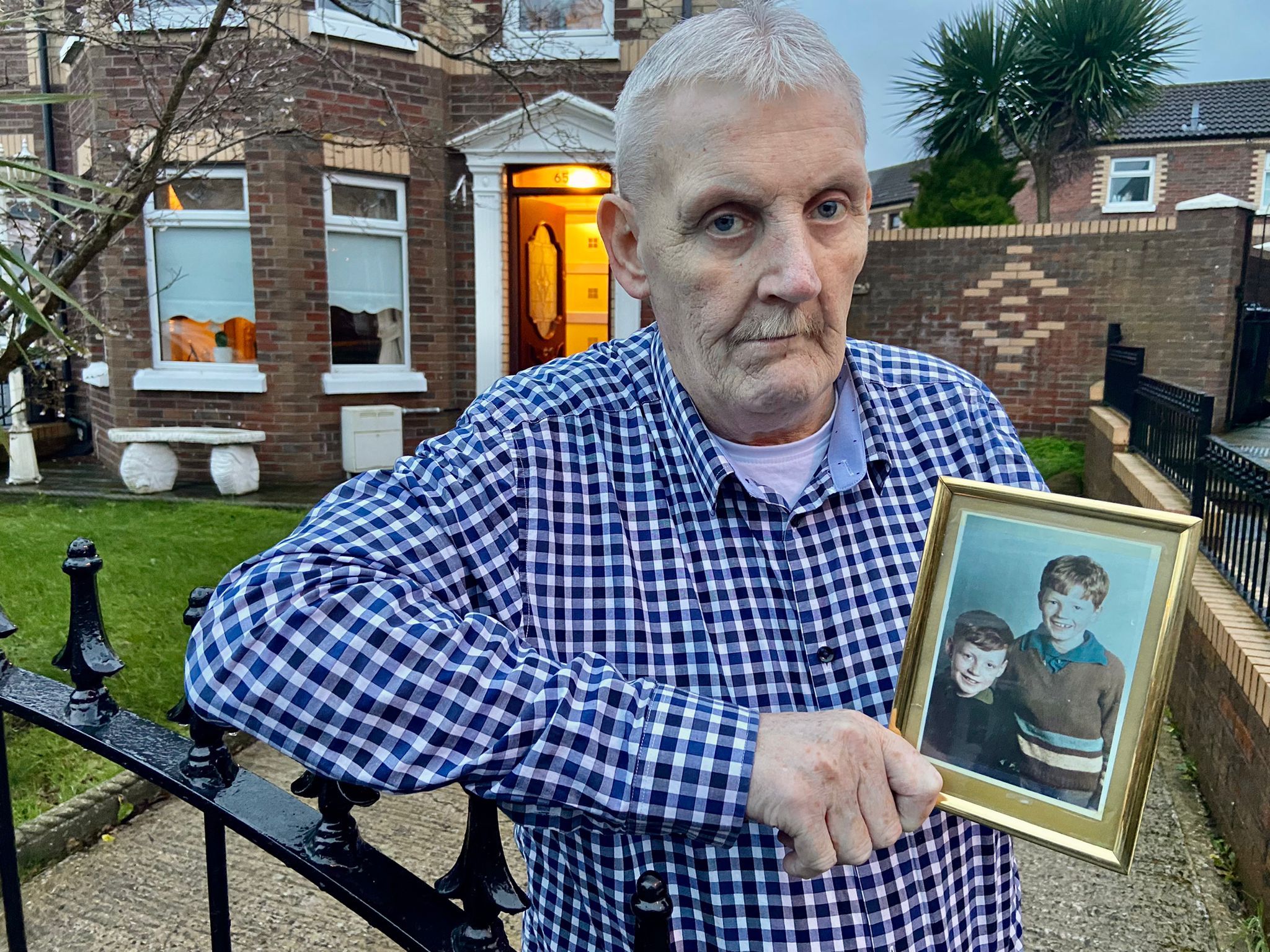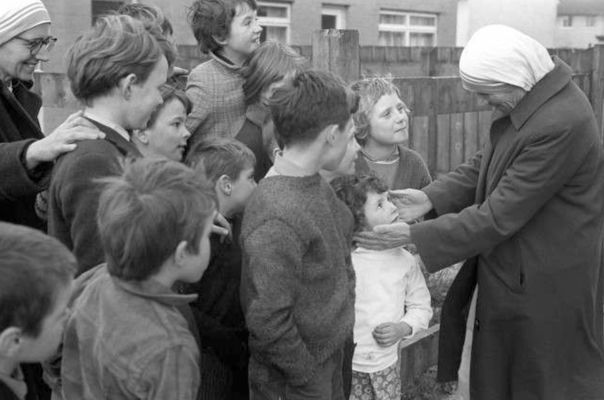THE family of Francis Rowntree who was killed at the age of 11 in 1972, after being struck by a rubber bullet fired by a British soldier, have succeeded in a civil action brought against the Ministry of Defence (MoD).
The action, which had been listed for a three day hearing commencing on Monday, concluded after one day with judgment against the Ministry of Defence with the MoD paying the family's costs.
The civil action had been brought against the Ministry of Defence following inquest findings delivered by His Honour Judge Sherrard in November 2017 which found that there was no justification for the use of lethal force at the time Francis Rowntree was shot.
After nearly 50 years campaigning for the truth, Francis’ brother Jim said after the ruling: “For the family this judgement means that all the running about is now over – and that Frank is not forgotten.”
On April 20 1972 Francis was in the vicinity of the Divis Flats. Rioting was taking place in the district. Army personnel from the Royal Engineers had been deployed to move a hijacked lorry and were accompanied by units of the Royal Anglican Regiment who were in a number of armoured personnel carriers.
Soldiers A and B, as identified in the subsequent fresh inquest heard in 2017, were in one of the carriers which was near the entrance to the Whitehall block of the Divis Flats.
The soldiers were attempting to drive rioters back from their location. Soldier A instructed Soldier B to ensure that they did not get any closer.
Soldier B, wearing a riot helmet and visor, opened the hatch to the right rear of the carrier and fired, on his account, two rubber bullets at the crowd of rioters. He said the first one struck a lamp post and was deflected away. The second, he said, was fired into the crowd and struck an unknown person.
Francis Rowntree was struck to the side of the head by the first round which had been fired. He sustained serious head injuries. He was taken from the scene to a nearby house and from there to the RVH where he died two days later.
The weapon used and the rubber bullet round fired were not recovered by either the RUC or the army and were thus never sent for forensic examination. Soldiers A and B made statements to Sgt Harmon of the Royal Military Police special investigation branch on April 24 1972.
These statements were provided to the inquest which subsequently took place into Francis’ death. Neither soldier appeared to give evidence at the original inquest. Neither soldier was ever interviewed by the RUC regarding the killing. A report was submitted to the DPP for consideration of the question of prosecuting Soldier B. A decision not to prosecute him was indicated on 19 June 1973.
As a consequence of an application made by the family to the Attorney General, the AG directed that a fresh inquest be held into the circumstances surrounding Francis’ death.
The coroner subsequently concluded that there was no justification for the use of lethal force at the time Francis Rowntree was shot.
He found that Soldier B, who had only been stationed in the North for eight days prior to the killing, was unaware of the potential lethality of the rubber bullet. They had not been made aware of the minimum range for firing, nor the requirement to fire indirectly or at the lower limbs.
In his findings, the coroner said that the state provided Soldier B with a lethal weapon of questionable accuracy without any or adequate notice of its potential lethality, training in its use or direction as to its engagement including the use of lesser alternatives, the issue of warnings, target selection, choice of direct and indirect hits, area of aim in the event of a direct hit, and vulnerability of particular targets including children. The absence of adequate training and instruction rendered it impossible for Soldier B to make a proper assessment concerning the use of minimum force.
On the basis of these positive inquest findings the family of Francis Rowntree, issued proceedings suing the Ministry of Defence for the fatal shooting.
Eoin Murphy of Ó Muirigh Solicitors said: “This case, which had been listed for hearing before the High Court on Monday 29 November has now concluded with judgement entered against the MoD.
“This conclusion would not have been achievable had it not been for the positive findings of the related Inquest proceedings in November 2017, which unearthed extensive material relating to the weapons and their use which had previously been unknown to the family. Today’s conclusion is testament to the family’s resilience and drive to achieve justice for their brother.”
West Belfast MLA Pat Sheehan welcomed the judgement.
“The ruling is further testament to the strength, courage and resilience of the Rowntree family," he said. “Despite the many hurdles placed in front of them, the family kept going and refused to be deterred in pursuing truth and justice for their brother.
“If the British Government succeeded in their legacy proposals, families will be frozen out of the courts and denied access to truth and justice."








